
Call 1-631-753-8390 or Contact Us - We're Happy to Help!
Please choose a body region on the right for you to pin point the problem area of your body.

Shop by Condition

Shop by Brand
For many women, the challenges of stress incontinence can be both physically and emotionally taxing. The involuntary leakage of urine during activities like coughing, sneezing, laughing, or exercise can significantly impact one's quality of life. However, the good news is that there are comprehensive incontinence treatment options available for females dealing with stress incontinence. In this article, we'll delve into treatment for stress incontinence in females to help you regain control and enhance your overall well-being.
One of the most common and effective treatments for stress incontinence in females is pelvic floor exercises, often referred to as Kegel exercises. These exercises involve contracting and relaxing the muscles that support the pelvic organs, including the bladder.
Kegel exercises strengthen the pelvic floor, improving its ability to support the bladder and prevent leakage. To perform Kegels, identify the pelvic floor muscles by attempting to stop urination mid-stream. Once located, contract and hold these muscles for a few seconds before releasing. Repeat this exercise several times a day to see noticeable improvements in bladder control.
Simple lifestyle changes can make a significant difference in managing stress incontinence. For example:
Behavioral therapy, often used in conjunction with pelvic floor exercises, focuses on modifying habits and routines to improve bladder control. It includes:
In some cases, medical devices can provide effective treatment for stress incontinence in females:
While medications are not always the first choice for treating stress incontinence, they can be beneficial in specific situations:
For those who don't respond well to conservative treatments, minimally invasive procedures can be considered:
In severe cases of stress incontinence, surgery may be necessary. The most common surgical procedures include:
In addition to medical treatments, many women find relief from stress incontinence through effective incontinence care products . Adult briefs, also known as adult diapers, provide an extra layer of protection during activities that may trigger leakage. They are available in various absorbency levels to suit individual needs.
Choosing the appropriate treatment for stress incontinence in females should be based on individual needs and preferences, and consultation with a healthcare provider is essential to determine the most suitable approach. Trusted providers like CWI Medical can offer valuable guidance and products tailored to your needs to help regain control and improve your quality of life.
| |
|---|
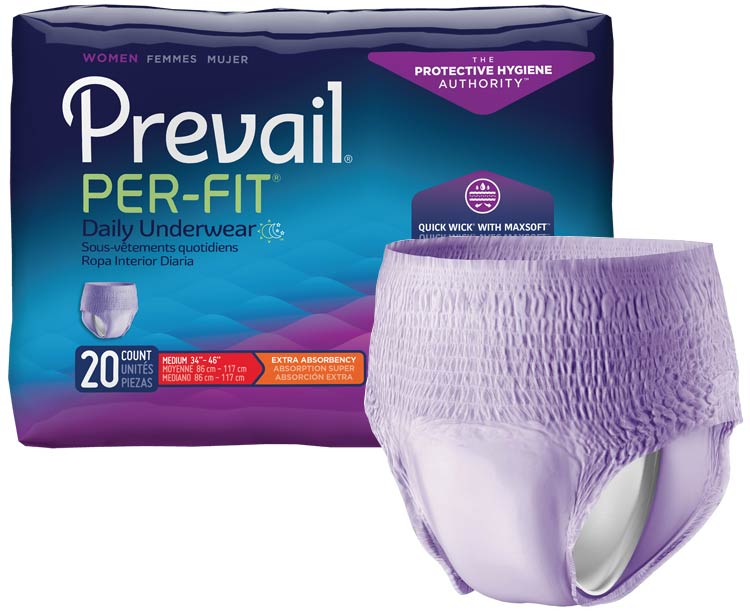 Prevail Per-Fit Underwear for Women |
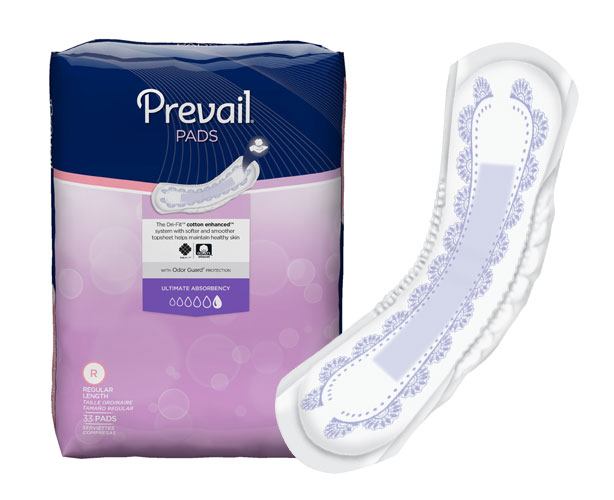 Prevail Ultimate Bladder Control Pads |
| |
|---|
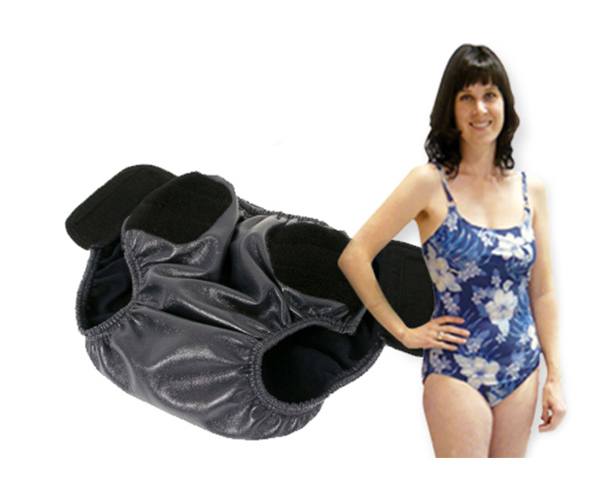 SOSecure Containment Swim Brief / Diaper |
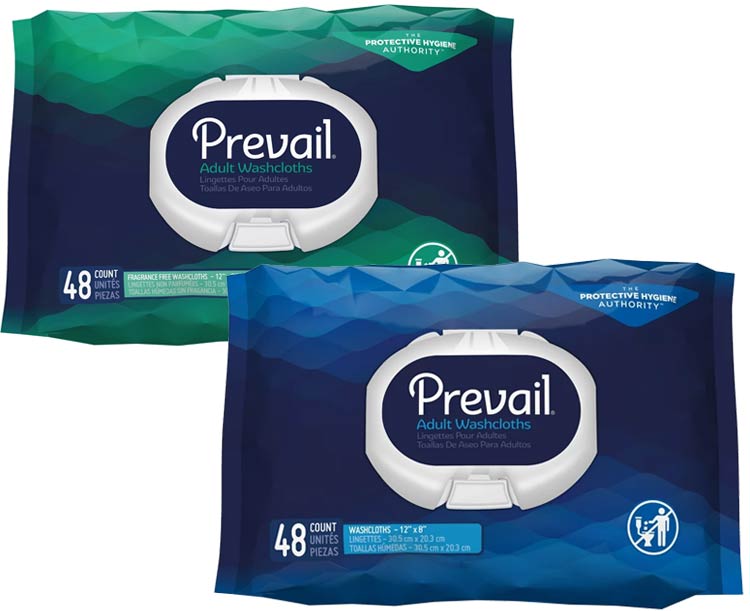 Prevail Washcloths - Adult Sized |
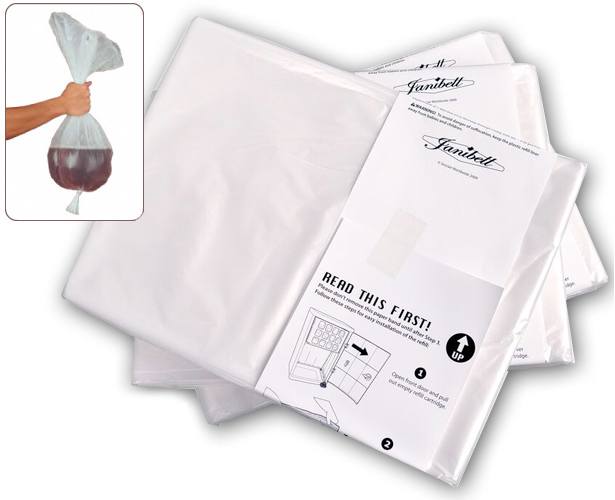 Janibell Liner Refills for 400 Series |
| Stay Connected! | |
|
|
|
Related Articles
Get $10 off your next order when you sign up to receive our email newsletter.*
Simply enter your email address below!
*Minimum order value of $100. Valid email address to qualify.







